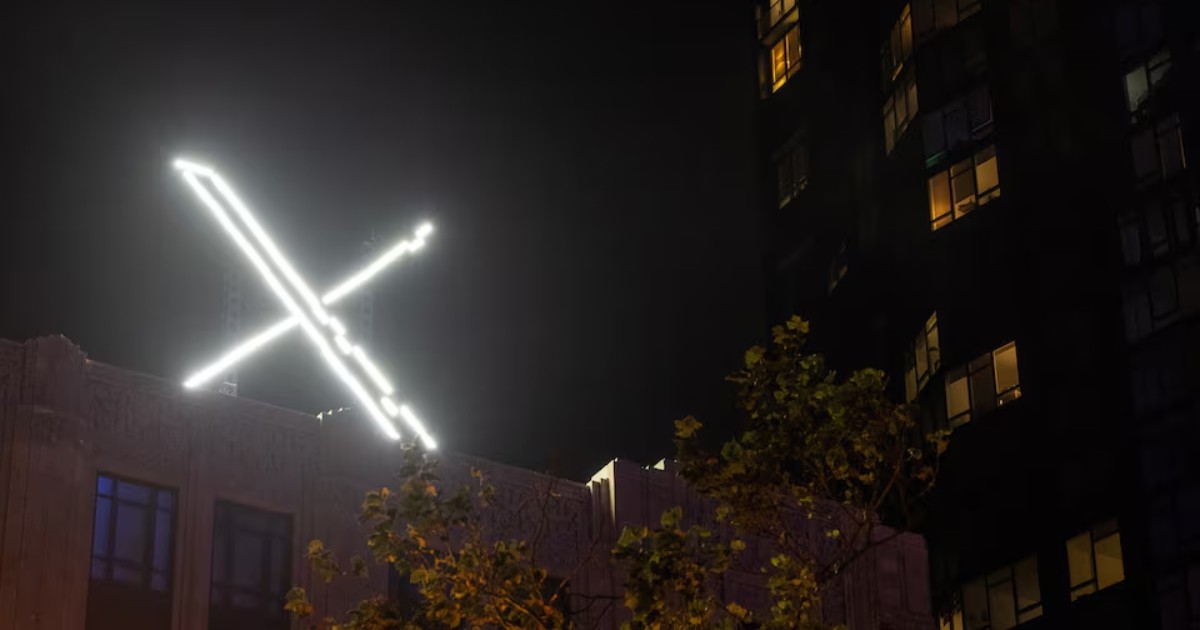SAO PAULO (Reuters) -Media platform X said on Saturday it would close its operations in Brazil “effective immediately” due to what it called “censorship orders” by Brazilian judge Alexandre de Moraes.X, owned by billionaire Elon Musk, claims Moraes secretly threatened one of the company’s legal representatives in the South American country with arrest if it did not comply with legal orders to take down some content from its platform.
The social media giant published pictures of a document allegedly signed by Moraes which says a daily fine of 20,000 reais ($3,653) and an arrest decree would be imposed against X representative Rachel Nova Conceicao if the platform did not fully comply to Moraes’ orders.
“To protect the safety of our staff, we have made the decision to close our operation in Brazil, effective immediately,” X said.
Brazil’s Supreme Court, where Moraes has a seat, told Reuters it would not speak on the matter and would not confirm nor deny the authenticity of the document shared by X.
The X service remains available to the people of Brazil, the platform said on Saturday.
Earlier this year, Moraes ordered X to block certain accounts, as he investigates so-called “digital militias” that have been accused of spreading fake news and hate messages during the government of far-right former President Jair Bolsonaro.
Moraes opened an inquiry earlier this year into the billionaire after Musk said he would reactivate accounts on X that the judge had ordered blocked. Musk has called the Moraes’ decisions regarding X “unconstitutional.”
After Musk’s challenges, X representatives reversed course and told Brazil’s Supreme Court that the social media giant would comply with the legal rulings.
Lawyers representing X in Brazil in April told the Supreme Court that “operational faults” have allowed users who were ordered blocked to stay active on the social media platform, after Moraes had asked X to explain why it allegedly had not fully complied with his decisions.
Musk, in posts on X on Saturday, called Moraes an “utter disgrace to justice” and said the company could not have agreed to the judge’s “secret censorship and private information handover demands.”


















